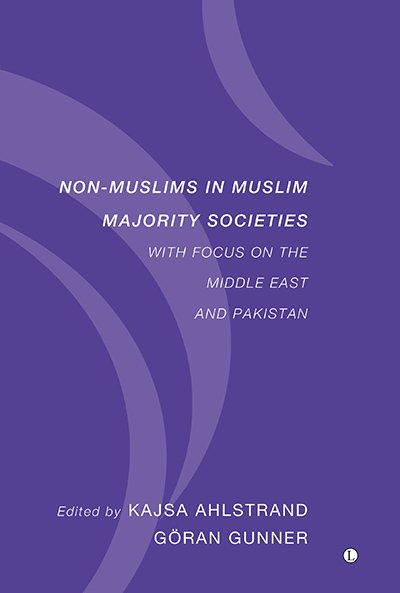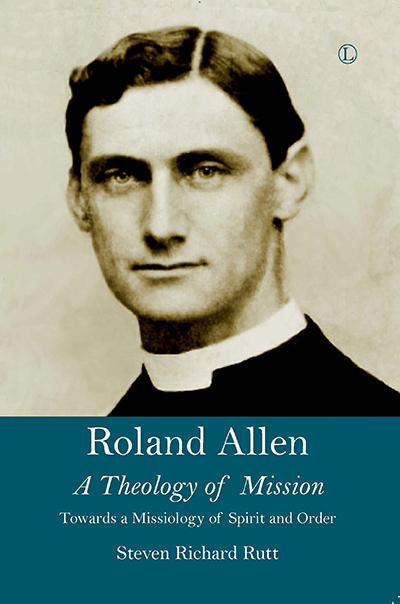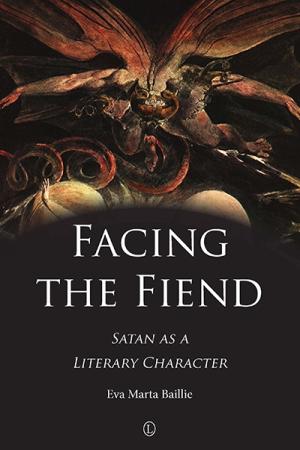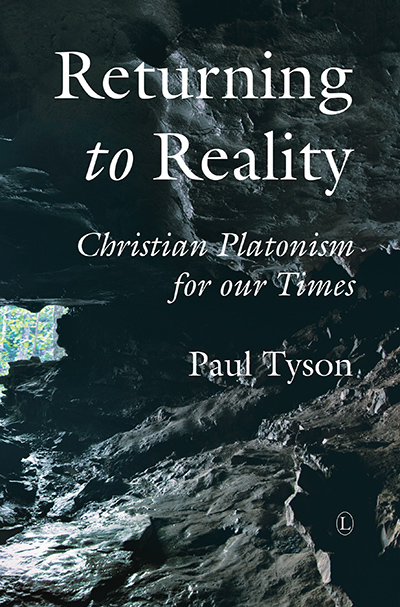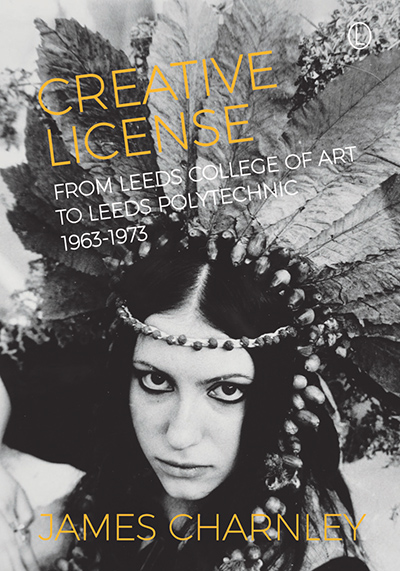Description
In a world where almost all societies are multi-religious and multi-ethnic, we need to study how social cohesion can be achieved in different contexts. In some geographical areas, as in the Middle East and the Indian subcontinent, people of different religious belonging have, through the ages, lived side by side, sometimes in harmony and sometimes in dissonance. In other geographical regions, as in Scandinavia, societies have been quite religiously homogeneous but only recently challenged by immigration. In both locations the relations between religious minority and majority are very much on the agenda.
In order to discuss the situation for non-Muslims in Muslim majority societies, a consultation was convened with both Muslim and Christian participants from Pakistan, Palestine, Lebanon, and Sweden. Some of the participants work in academic settings, others in faith-based organisations, some in jurisprudence and others with theological issues. Non-Muslims in Muslim Majority Societies is the result of that consultation. The intention of the book is to trigger reflection and further thinking, through papers that discuss issues such as freedom of religion, minority rights, secular and religious legislation, and inter-religious dialogue in Muslim majority societies. Although the articles are presented as “works in progress,” and remain tentative in many of their conclusions, this book is an important contribution to the global debate over religious tolerance and religious pluralism.
About the Author
Dr Kasja Ahlstand is Professor of Mission Studies at Uppsala University, Sweden.
Dr Göran Gunner is a researcher at the Church of Sweden Research Department and an associate professor at the University of Uppsala. He is author and editor of several books in Swedish about freedom of religion and other human rights issues.
Other Contributors:
Dr Mustafa Abu Sway, Al-Quds University, Palestine
Dr Johan Gärde, Ersta Sköndal University College, Sweden
Ms Yasmin Haider, Advocate, Federal Shariat Court, Pakistan
Dr Jan Hjärpe, Lund University, Sweden
Dr M. Aslam Khaki, Advocate, Supreme Court of Pakistan and Jurisconsultant, Federal Shariat Court, Pakistan
Dr Bernard Sabella, Palestinian Legislative Council Member
Mr Mehboob Sada, Director of the Christian Study Centre, Rawalpindi, Pakistan
Mr Guirguis Ibrahim Saleh, General Secretary of the Middle East Council of Churches
Mr Ahmad Salim, Senior Research Associate, Sustainable Development Policy Institute (SDPI)
Contents
Contributors
Introduction
Kajsa Ahlstrand and Göran Gunner
1. The Status of Christians in the Islamic Worldview
Mustafa Abu Sway
2. The Problem of Jurisdiction in the Contemporary Nation-State
Jan Hjärpe
3. The Use of the Concept Minority: A Protection or a Burden in Relation to International Law
Göran Gunner
4. Non-Muslim in Middle Eastern Muslim Societies
Guirguis Ibrahim Saleh
5. Faith Based Organizations and the Configuration of Civil Society in the MENA-perspective
Johan Gärde
6. The Status of Non-Muslims in a Palestinian State
Bernard Sabella
7. Managing Christian-Muslim Relations in Pakistani Setting
Mehboob Sada
8. Non-Muslim Women in Pakistan: Minority within Minority
Yasmin Haider
9. Islamization of Laws in Pakistan and its Effect on Minorities
M. Aslam Khaki
10. Non-Muslims in an Islamic State: A Case Study of Pakistan
Ahmad Salim
11. Possible Strategies for Religious Communities under Threat
Kajsa Ahlstrand
Bibliography
Endorsements and Reviews
In a world where religions coexist in almost every country with new problems and new challenges, this book is a genuine and authentic effort to face these challenges. Religion is expressed in a culture and influences culture. It is time to understand religions from within, as presented by the followers of those religions, to overcome prejudices and generalizations. Such a serious, comprehensive, and profound collaborative work clarifies the complexity of the questions and helps in finding solutions together. This is an indispensable book.
Fr Jamal Khader, Dean of the Faculty of Arts, Bethlehem University
Despite the claim of Muslims that Islam is respectful of non-Muslim faiths, this collection of essays throws more light on the real situation in many Muslim societies. Those committed to pursuing Christian-Muslim relations will find this volume a valuable resource.
J. Paul Rajashekar, Professor of Systematic Theology and Dean, Lutheran Theological Seminary, Philadelphia
With verve and insight, the contributors discuss the concept ‘minority’, and suggest its replacement by the less divisive term ‘citizenship’; the status of non-Muslims in a future Palestinian state; the legal situation of non-Muslim women in Pakistan; and the ‘Islamization of laws in Pakistan and its effect on minorities’. The book concludes with a look at how ‘Christians who find themselves under attack from neighbours of the other faiths might react and act’. Emphasising ‘the need for harmonious relations’, Christians and Muslims are called to continue ‘building trust’, and ‘identifying common concerns’, so as to achieve ‘peaceful coexistence’. … Besides discussing pertinent issues the book provides relevant statistics on the different minority faiths, and faith-based organisations, in Muslim lands. … Forthright and informative, this book is an indispensable resource for all those with an interest in inter-faith dialogue.
Dr. Simon Ross Valentine, in Church Times, September 2012

